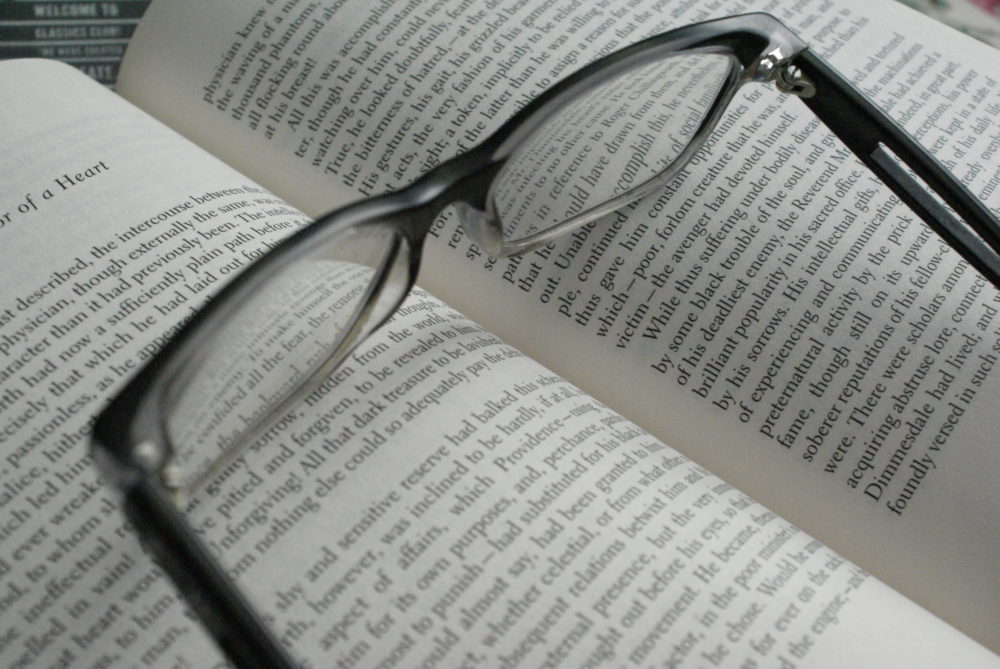
By Kayla Hoang, Staff Writer
Most teens and students face some type of eye issue in their academic career, usually common ailments like myopia (nearsightedness) or hyperopia (farsightedness). Eyesight issues can lead to other problems that can lead to poor performance at school, and they can also affect our daily lives.
Generally, anything that causes eye strain can lead to damaging your vision. A heavy workload at school can make you burn into the night, and textbooks and worksheets have small print that’s difficult to read. Straining your eyes to study and do homework are a major factor in students having bad eyesight.
The focus on school and less time focused on sleep is also a concerning factor, since most teens don’t get enough hours of sleep, and this leads to a heavier risk of getting sight issues.
In a world where technology is the norm, it’s no surprise that exposure to our devices and screens have an effect on our eyesight. Computer Vision Syndrome (CVS) is becoming more and more common, and since schools are bringing computers, Chromebooks, and even phone applications into their curriculum, students are more susceptible to damaging their eyesight. Outside of school, students spend too much time on their social media, computer games, and apps. Too much time on a screen leads to your eyes working harder when staring at your devices, and having to constantly change focus. Common vision issues from prolonged screen use include loss of focus, blurred vision, and eye fatigue.
Living in southern California means exposure to sunlight, and therefore UV rays. Even when it’s cloudy, your eyes are still open to UV light, and this can be damaging. Common issues seen from too much UV light exposure include photokeratitis, pterygium, and cataracts. These ailments can all cause vision issues including redness, eye pain, and sensitivity to light.
There are plenty of other factors that can lead to damaging our eyesight. With students our age in this kind of environment, it’s no surprise to see why damaged vision is so common in Americans. A recommended solution is to protect your eyes by dimming the light on your screen or not to use your devices in a dark room. Wear sunglasses to protect yourself from bright UV lights, or take breaks every so often to briefly rest your eyes.
For those who already deal with vision problems, be sure to contact your optometrist to check on your prescription and make sure that it’s updated.





